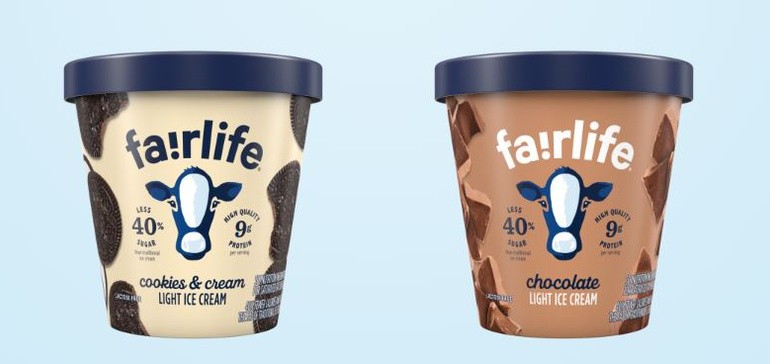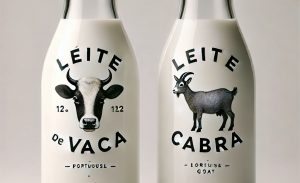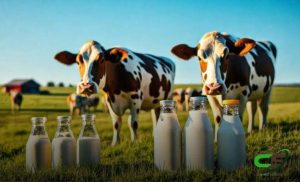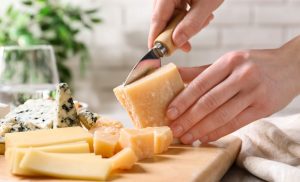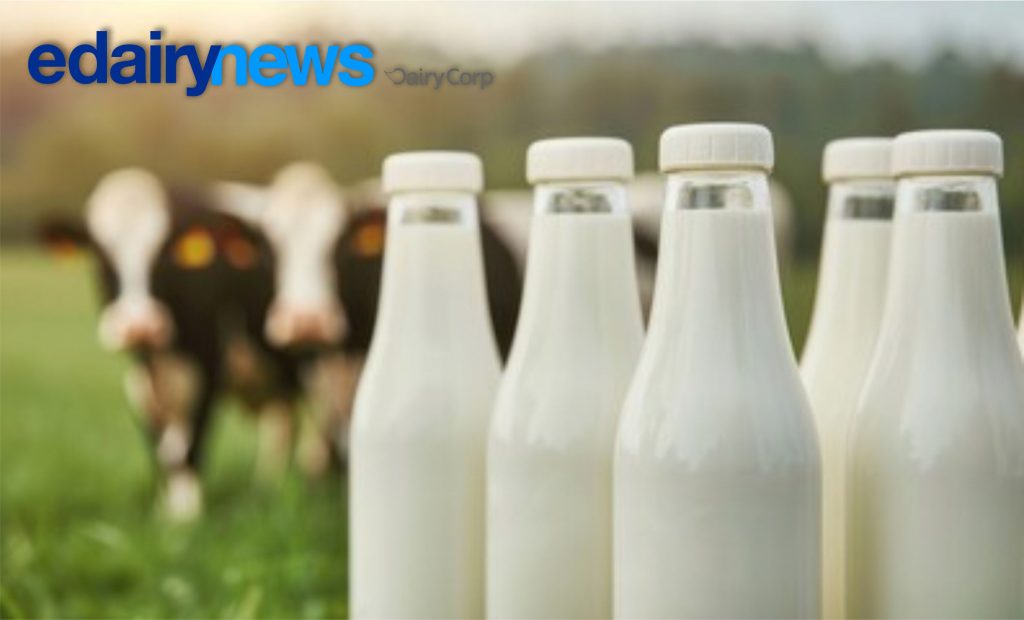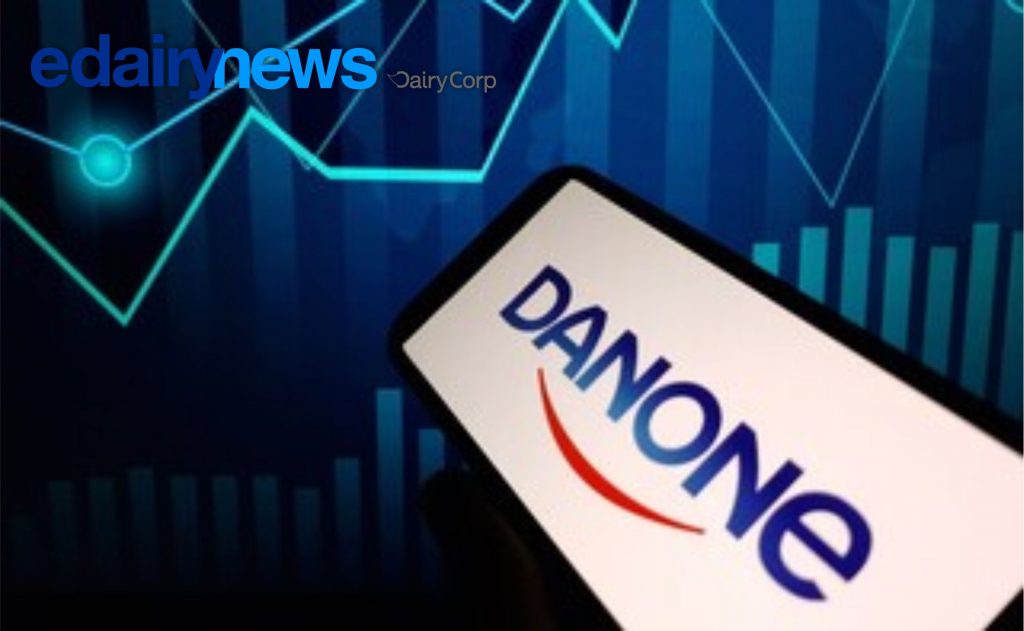The offering comes in seven flavors: vanilla, chocolate, cookies & cream, chocolate peanut butter, double fudge brownie, java chip and mint chip. Each flavor will have between eight and nine grams of protein and 40% less sugar than other ice creams.
The Fairlife ultra-filtered light ice cream will be sold for $4.98 for a 14-ounce container at select retailers nationwide with future expansion planned for later this year.
It was only this year that Coca-Cola acquired the remaining stake in Fairlife, and now the beverage giant is using the dairy brand as a springboard to step completely out of the beverage space and dip its toes into frozen desserts.
Although this is a significant change of pace for Coca-Cola, the purveyor of iconic soda has been working aggressively under CEO James Quincey to diversify its portfolio and become a “total beverage company” by expanding its portfolio into more teas, coffees, sports drinks and waters. However, the company’s stated goal does not align itself with Coke’s latest move.
The decision to move into ice cream can be explained in large part by peer pressure. In its announcement, Fairlife — which operates as a stand-alone business in Chicago, although it is wholly-owned by Coca-Cola – said consumer requests through social media and online channels prompted it to investigate branching into the frozen dessert world.
Social media has become a powerful voice during the last decade, prompting companies to find new and creative ways to interact with their consumers. Today, innovation from crowdsourcing has become a popular way for brands to discover exactly what consumers crave while collecting instantaneous feedback.
While it can sometimes be a slippery slope, companies have largely found success, and new products, by polling their fan base. Mondelez, for example, launched limited edition Oreo cookies based on submissions through a social media contest where it incentivized creative ideas through a cash grand prize.
Clearly, Fairlife took these fan requests to heart when it partnered with Boardwalk Frozen Treats, a sales, marketing and distribution partner for national ice cream brands. The California company also works with Dunkin’ Brands to distribute Baskin Robbins ice cream to grocery stores nationwide. For Coca-Cola, Boardwalk offers a unique partner who is familiar with the competitive ice cream space and knows how to help large companies navigate through it.
The ice cream category is worth $14 billion, according to Mintel data cited in the release, but it is also a crowded one. However, Fairlife has already proven to be successful in milk, another challenging category that has befuddled bankrupt competitors such as Borden Dairy and Dean Foods. Fairlife has posted double-digit growth each year since its launch in 2012, according to Coca-Cola.
While Fairlife has grown from filtered milks to high-protein recovery and nutrition shakes and drinkable snacks, milk remains central to the brand’s success. The key to the product’s appeal is its high-protein, lactose-free and low-sugar profile — product attributes popular with consumers that will be carried over to the ice cream launch.
It is possible these qualities also will be in demand when the dairy is frozen into a pint-sized container. Halo Top has shown consumers are keen on indulgent but better-for-you treats, and that popularity has attracted the interest of corporate buyers. Similar to Fairlife’s own sale to Coca-Cola, Halo Top, the #1 selling pint of ice cream in the U.S., was sold last year to Wells Enterprises, the owner of the Blue Bunny brand.
It’s interesting that even with the success of Fairlife — sales reached $500 million last year, according to Nielsen AMC figures — that Coca-Cola did not put its name on this product announcement. The beverage giant has so far allowed the milk brand to operate relatively autonomously, and this ice cream release is the most recent manifestation of its commitment to support the company from a distance.
It also may be a way to stay on the sidelines and watch a trial run of a new product in a different category. Fairlife’s reputation was hit last year following the release of undercover videos of animal abuse taken at a Fairlife supplier dairy in Indiana. The brand and Coca-Cola were hit by lawsuits accusing the companies of consumer fraud and deceptive marketing. This new product line demonstrates Fairlife will not be daunted by bad publicity and by giving consumers what they want, it may even win space in a few more shopping carts.

